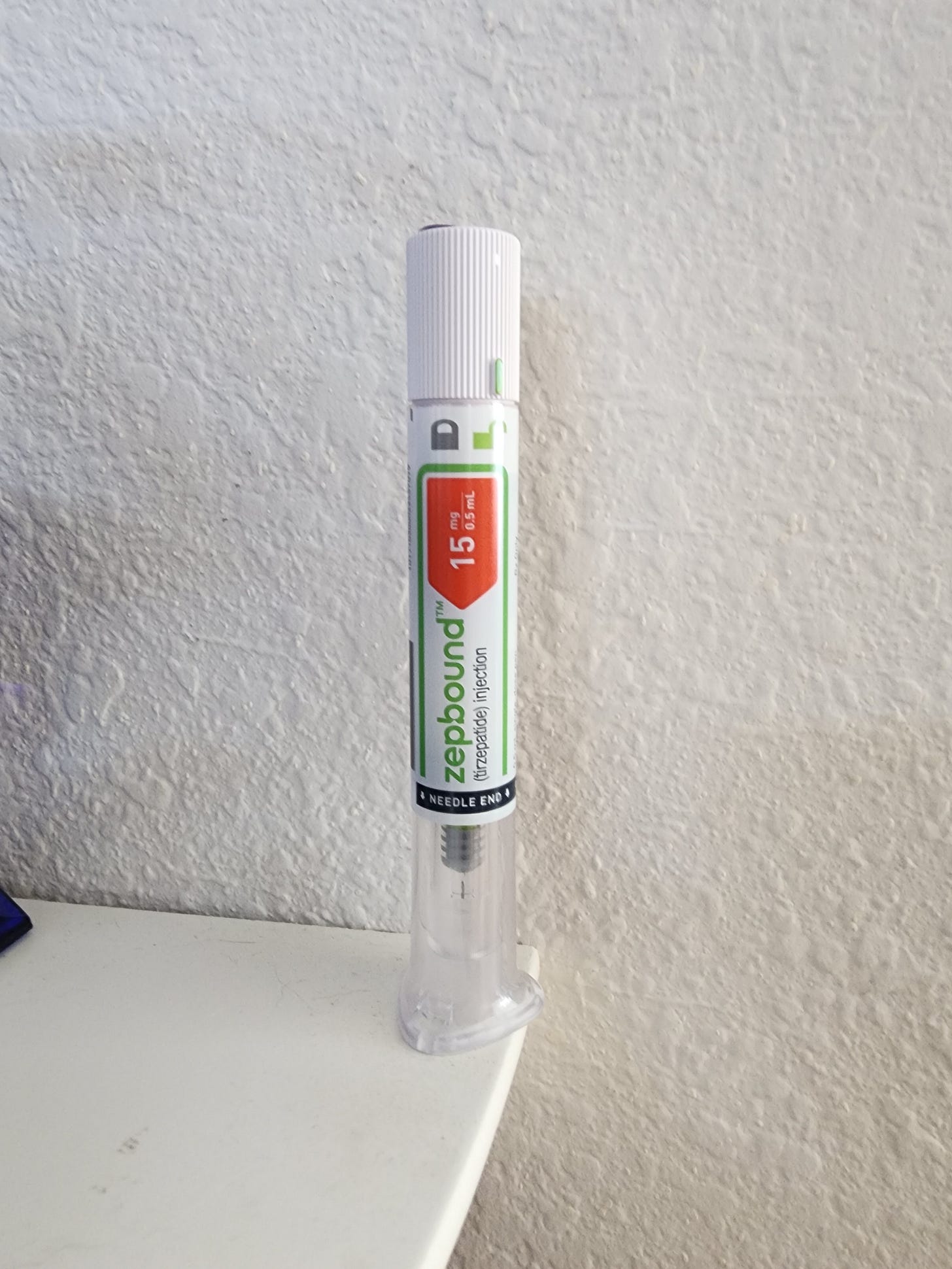Hello, subscribers and followers. Welcome to my little corner of Substack. My goal with Reality Check is to share my life experience as well as my professional experience in how to be a person with a disability with finesse. I want to help you advocate for yourself, or for your family and friends. I want you to be able to benefit from my hard-won wisdom. It is possible to have disability pride and positivity and still acknowledge that disability can also suck. Hard.
Because I want to reach the widest possible audience, I don’t want to put anything behind a paywall. But, if you appreciate what I write—if you find it amusing, thought-provoking, or helpful, consider a paid subscription to Reality Check. Of course, I love my free subscribers, too.
Or, if you just want to show a little appreciation, or clink virtual mugs, you could buy me a cup of coffee at Buy Me a Cup of Coffee.
Failure to Thrive
Thirty years ago, I attended a conference for people who had ichthyosis.
I was born with a genetic disability called epidermolytic ichthyosis. This skin disorder causes the body to make skin too fast, and the skin cells don’t break down properly, so I get flaking, callouses, and painful blisters from friction (from walking and repetitive motion.) My body doesn’t sweat properly, so I tend to overheat.
I was in my mid-thirties and it was the first time I had met other people with my disability. Ichthyosis comes in many different varieties, from a slight flaking of the skin to more extreme disorders like mine. If you are interested in this subject, this would be a good place to read more FIRST.
This conference was the first place where I saw a child with ichthyosis (not the type I have) who looked like they had “failure to thrive.” (FTT refers to a condition where a child or infant isn't gaining weight or growing as expected, often due to insufficient caloric intake or nutrient absorption, or underlying medical issues. [Google])
I am happy to say that “failure to thrive” was never my problem. As in, look at the BMI on that girl!
Above, a grainy picture of my dad holding me when I was a toddler.
Food was my friend. I was always willing to try things, and liked most vegetables. Starting pretty early, my parents started to worry about my weight, not because I was terribly overweight, but because my mom was overweight and because I couldn’t run around and burn calories.
My mom was a good cook, and we always had nutritionally balanced meals.
When I was nine or ten, my dad started sending me with a thermos of grapefruit juice to drink with my lunch at my special ed school. I hated grapefruit and its juice. After trying to talk him out of it, to no avail, I acquiesced. Every day I dumped the grapefruit juice down the sink in the classroom. Easy peasy.
A few years after that, my parents put me on Atkins's diet two or three times. I didn’t mind it so much until I started feeling sick and shaky. They didn’t think I was faking, so I was able to stop.
In my late teens, I tried something I’ll just call NutraPuke. You would buy your food from them, but it was so full of artificial sweeteners and flavors that I couldn’t eat it. My parents didn’t force me to continue on that either.
In parallel, my mother tried various diets and had little to no success. This was in the’60s and ‘70s (when I still lived at home) and being overweight was very much thought of as a failure of self-control. It was terribly hard on her—I remember one time her doctor told her to eat only 1,000 calories a day. I’m eating about 1,200 calories a day now (with the help of a weekly shot), and I can imagine my my mom was hungry all the time.
Just to be clear, I wasn’t a compulsive eater—I just burning fewer calories than I took onboard, and my disability prevented me from exercising. So, I slowly gained a little every year.
Time Travel to This Century
In the early 2000s, I cut way back on carbs and lost some weight, but I wasn’t able to sustain it. At some point, I did another diet where I cut way back on fat. But I was no exception to the rule that most people gain the weight back and then some.
Add to this that I have a bonus disability of osteoarthritis. I’ve had both hips replaced, but I am reluctant to do my knees (which are shot) because I don’t know how my skin would handle the rehab from knee replacement.
I started hearing about Ozempic about three years ago. I am not diabetic, so it didn’t come up as a possibility for me then. As it gained more and more attention, culturally, I remembered the whole Fen-Phen disaster and was waiting for a similar shoe to drop about Ozempic.
On the contrary, the articles I see are about the new health benefits they are tracking for the semaglutide drugs. So, I decided to pursue the shot.
The long game of will-they-or-won’t-they (pay for it) with my insurance company was fun, but I won. Except that I have to ask for reapproval every six months, because you know, my incurable disability might be cured by then.
I started on Zepbound 2.5 on June 30, 2024. I slowly, over months, I titrated up 15.0, all with the guidance of my doctor. I have minimal side effects. I am rarely hungry, although I am only eating about 1,200 calories a day. (I track what I eat for my own record—it isn’t required. I also track in case I need to show it to the insurance company at some point.)
As of today, I have lost 40.6 pounds. My weight is lower than it has been in decades. I don’t care if I have to stay on Zepbound “forever.” I don’t think regulating my weight with medication is an indication of a moral failing on my part. Nor do I think it is a luxury, given all of my situation.
(An irony of all this is that if my mother was still alive and age appropriate, she wouldn't even try this type of medication. And, she would tell me not to take it. Just like she told me not to take antidepressants or pain meds. Just like she told me not to get a colonoscopy.)
If there is a larger message here, I think it is that when you have an essentially untreatable disability, try to control the things that are controllable to improve your quality of life. Air conditioning, a power wheelchair, a wheelchair van, and medication for treatable conditions, like depression and obesity.
I recognize that the money to pay for these things, and/or adequate insurance, are issues for many of us with disabilities. In this political climate, I don’t expect the financial situation to improve any time soon.







I’m happy to come across this and glad that Zepbound is working for you. I just started taking it last week, for obesity + sleep apnea. So far I’m finding even the 2.5mg dose hard to tolerate, but we’ll see how that evolves.